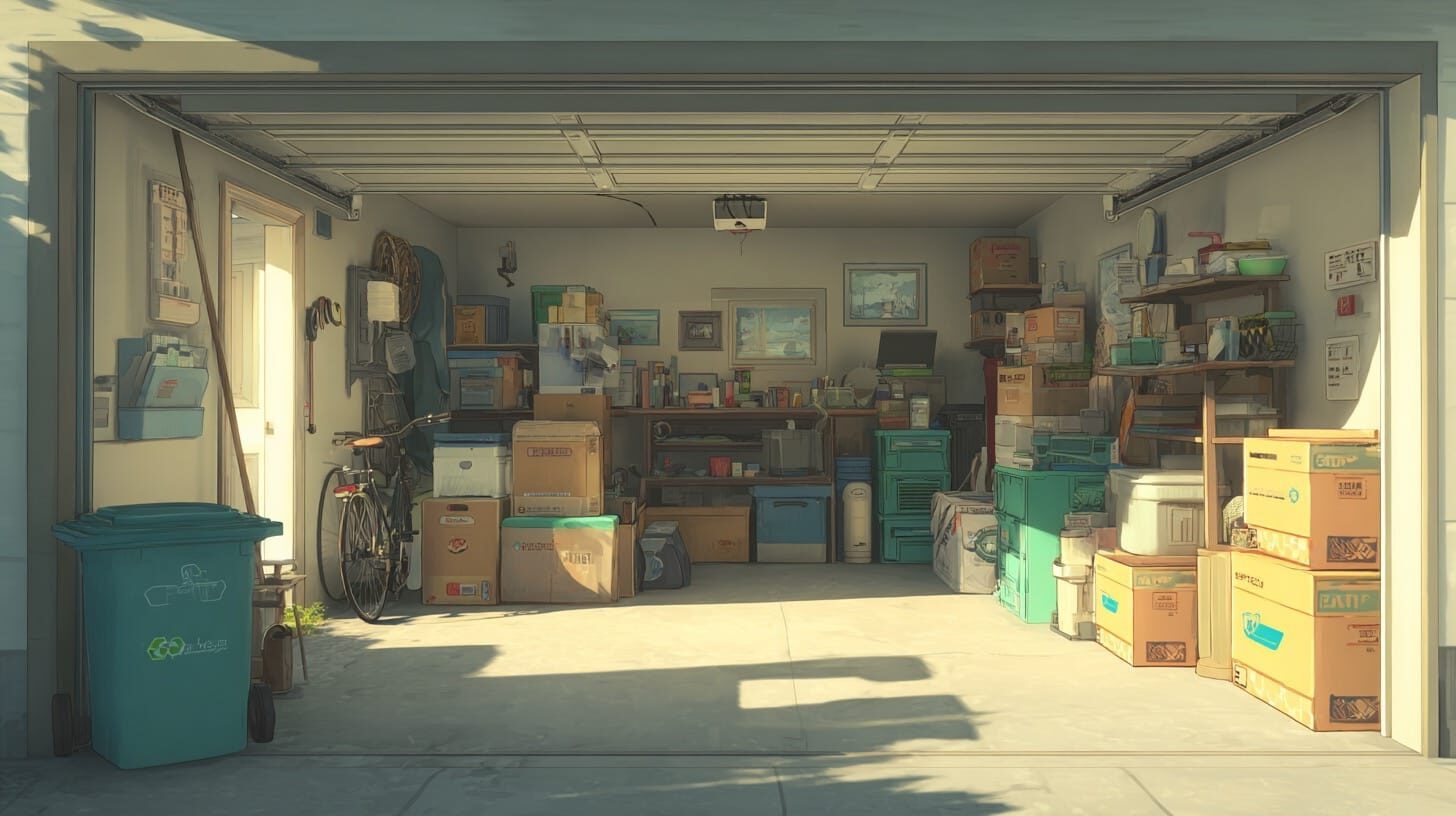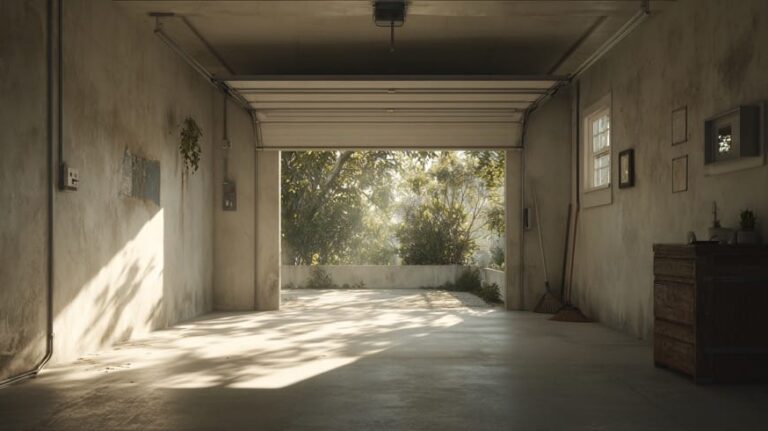Most of us already know to toss soda cans in the recycling bin and donate gently worn clothes to charity. But when it comes to the weirder, “junk drawer” items or forgotten stuff in the garage, it’s easy to assume it all just belongs in the trash.
Here’s the good news: A surprising number of these forgotten, broken, or oddball items can either be recycled or donated—keeping them out of landfills and giving them a second life.
Whether you’re doing a spring clean, moving, or just decluttering, this guide will help you rethink what “junk” really is. Let’s look at 10 things you didn’t know you could recycle or donate—and how to do it responsibly.
Why It Matters: The Environmental Impact of Recycling and Donating Junk
Americans generate over 290 million tons of solid waste every year. That’s roughly 5 pounds of trash per person, per day. A huge portion of this waste is recyclable, reusable, or could have been donated.
By donating gently used items or recycling materials properly, you:
- Reduce landfill waste
- Support local charities and people in need
- Conserve natural resources by reducing the need for new materials
So before you throw out that box of tangled holiday lights or those extra pet supplies, check this list—you may be surprised what junk can be recycled or donated.
10 Surprising Items You Can Recycle or Donate
1. Old Mattresses and Box Springs
Think your old mattress is destined for the dump? Think again.
Recycling: Many local recycling centers disassemble mattresses and box springs into recyclable parts like steel springs, foam, and wood.
Donation: If your mattress is still in good condition (no stains, rips, or bed bugs), local shelters or furniture banks may take it.
Tip: Check with programs like Bye Bye Mattress (run by the Mattress Recycling Council) to find a recycler near you.
2. Used Eyeglasses and Sunglasses
Your old prescription glasses can literally help someone see the world more clearly.
Donation: Groups like Lions Clubs International and OneSight collect used glasses, clean them, and match them with individuals in underserved communities around the world.
Where to drop off: Eye care offices, retail optical chains like LensCrafters, and some public libraries have donation boxes.
3. Broken Electronics and Small Appliances
Yes, even broken toasters, old cell phones, or outdated laptops can avoid the landfill.
Recycling: These are considered e-waste—and are full of valuable metals like gold, silver, copper, and lithium. Big box stores like Best Buy, Staples, and many municipalities accept electronics for proper recycling.
Caution: Always wipe data from computers and phones before recycling!
4. Crayons and School Supplies
Got half-used crayons or surplus school supplies lying around? You’re not alone.
Donation: Programs like The Crayon Initiative collect used crayons, melt them down, and redistribute them to children’s hospitals and art programs.
Other school supplies—like unused notebooks, folders, pens, and backpacks—can often be donated to local shelters or back-to-school drives.
5. Wire Hangers and Scrap Metal
That growing pile of dry cleaner hangers? Don’t toss them.
Recycling: While most curbside programs don’t accept them, local metal recyclers often do.
Reuse: Some dry cleaners accept them back for reuse, and artists or DIYers may welcome them too.
Bonus tip: Mix in other scrap metals like old pans, keys, or tools to make your drop-off more worthwhile.
6. Holiday Lights and Decorations
Tangled, broken, or outdated string lights don’t need to end up in the trash.
Recycling: Holiday lights contain copper wire and plastic, which can be recycled at participating hardware stores (like Home Depot during the holidays) or through mail-in programs like HolidayLEDs.
Donation: Still-working lights and decorations can be donated to thrift stores, shelters, or community centers for seasonal displays.
7. Wine Corks and Bottle Caps
These small items may seem useless, but they’ve got recycling potential.
Wine Corks: Natural cork is biodegradable and can be recycled through programs like ReCORK, which turns them into things like shoe soles and yoga blocks.
Metal Caps: Steel bottle caps are recyclable—but toss them inside a steel can before recycling so they don’t get lost during processing.
8. Prescription Pill Bottles
The orange pill bottles you accumulate can be reused—but only if properly prepped.
Donation: Nonprofits like Matthew 25: Ministries accept clean, label-free bottles for medical use in developing countries.
How to prep: Soak to remove labels, wash with hot soapy water, and dry thoroughly.
9. Pet Supplies (Used or New)
Got a dog bed your pet doesn’t use, or extra leashes and bowls? Animal shelters can put them to great use.
Donation: Most local animal shelters accept gently used pet gear. This includes:
- Collars & leashes
- Crates
- Bowls & litter boxes
- Toys and grooming tools
Just make sure items are clean and in usable condition.
10. Building Materials and Tools
Leftover from a renovation? Those extra tiles, nails, or paint brushes can help build someone’s future.
Donation: Habitat for Humanity ReStores accept a wide variety of tools, appliances, and construction materials. These stores sell donated items at a low cost to fund housing projects.
Also accepted: Lumber, doors, windows, sinks, hardware, and unopened paint.
Pro Tips for Responsible Junk Donation
To make the biggest impact—and avoid wasting time—keep these tips in mind:
- Call ahead: Donation centers vary on what they accept.
- Clean items: Wipe down, wash, or sanitize items before donating.
- Bundle donations: Combine small items like electronics or corks into one trip.
- Keep safety in mind: Never donate broken items that could pose a hazard.
Where to Start: National and Local Resources
Here are a few helpful places to get started with recycling or donating:
| Resource | What They Accept |
|---|---|
| Goodwill | Clothing, electronics, small appliances |
| Salvation Army | Furniture, household goods, clothing |
| Habitat ReStore | Building materials, tools, appliances |
| Earth911.com | Local recycling search tool |
| Best Buy | Electronics & appliances recycling |
| Lions Clubs | Used eyeglasses |
| Local Animal Shelters | Pet gear and supplies |
When in Doubt, Ask a Junk Removal Professional
Sometimes you’re just not sure what can be recycled—or you’re staring down a garage full of stuff and wondering how you’ll ever sort it.
That’s where junk removal services come in.
Many companies today offer eco-conscious junk removal, sorting your items for donation or recycling so you don’t have to. It’s a hassle-free way to make sure your stuff ends up in the right place—not the landfill.
Conclusion: Make a Difference with the “Un-Recyclables”
Your junk doesn’t have to be trash.
By learning what junk can be recycled or donated, you reduce waste, help others, and take meaningful steps toward a more sustainable lifestyle. Whether it’s old glasses, building materials, or even used crayons—there’s probably a better home for it than the garbage bin.
Ready to clear the clutter responsibly?
We offer eco-friendly junk removal that prioritizes recycling and donation whenever possible.
Book a pickup today and make your next cleanout a win for you—and the planet.





